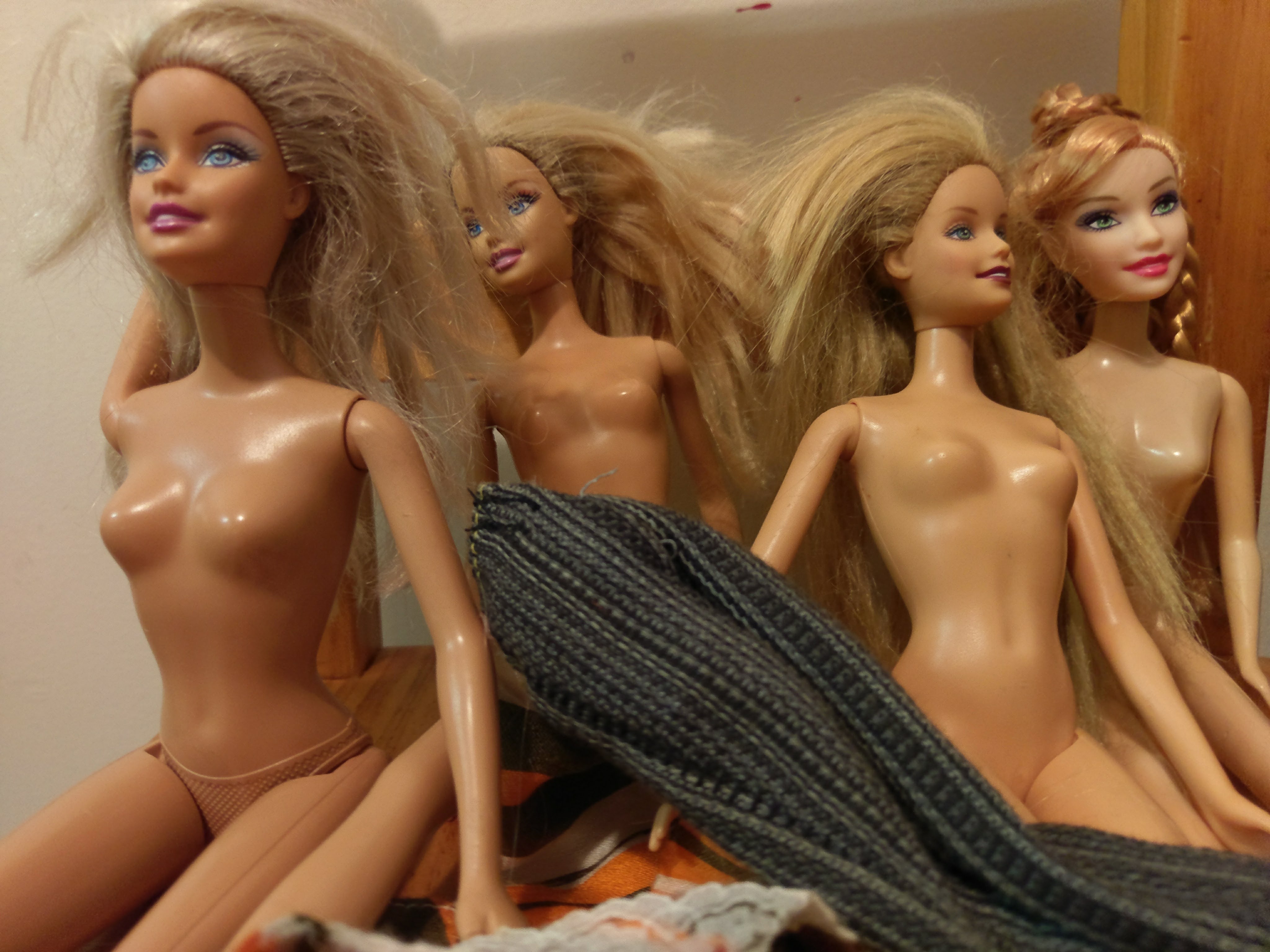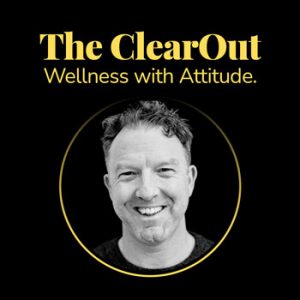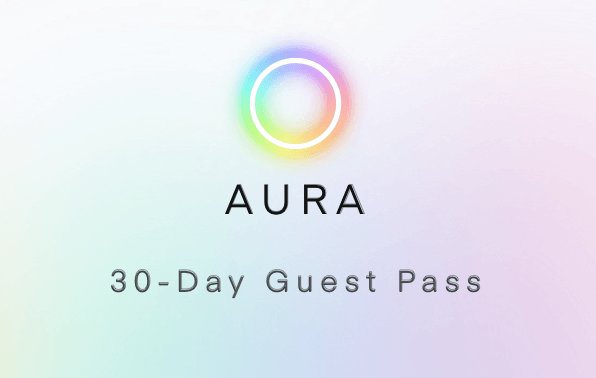
“This life as you now live it and have lived it, you will have to live once more and innumerable times more; and there will be nothing new in it, but every pain and every joy and every thought and sigh and everything unutterably small or great in your life will have to return to you, all in the same succession and sequence – even this spider and this moonlight between the trees, and even this moment and I myself. The eternal hourglass of existence is turned upside down, again and again, and you with it, speck of dust!”
Friedrich Nietzsche, The Gay Science (aka The Joyful Wisdom), 1882
Do we ever stop coming face to face with ourselves?
I turned forty-five a couple of weeks ago. That’s halfway to ninety. That’s a proper grown-up age. I am an adult. Only someone who is that age might try and convince themselves otherwise. But it is undeniably, objectively, not young.
And yet, I still have days where I feel so juvenile, so callow, that I wonder if I’ve lived at all. I don’t think that I have tried to escape myself, not consciously anyway, but I am still very much surprised when I realise that no matter how far I’ve travelled, no matter how much ground has moved under my feet, I can still bump into a version of myself that says “you haven’t gone anywhere.”
When Nietzsche spoke of eternal recurrence, as referred to in the quote above, I don’t think he meant endlessly meeting his younger self, but he did write about an endless repeating of life, of finding oneself in the same moment, again and again and again. He spoke also about the extreme resolve required to face that incessant reality. My idea is less comprehensive than that but is in no less need of a coping mechanism.
It’s like we all possess a certain amount of that mythical amnesiac chemical that helps mothers forget the pain of childbirth, except in this case we haven’t given birth to an infant but rather to a base iteration of ourselves. This is neither a carbon copy nor a prototype. I’m talking about something more akin to a pupa or a chrysalis, but far less clean, far less defined, and by no means necessarily adolescent. And this other ‘us’ is a profoundly significant entity in the evolution of who we believe we have become.
I doubt there are many of us who believe that we have always been the same, that we have been travelling through life ‘unchanged’. Surely for most of us, there have been phases, periods and stages where we were not what we are now. That’s why we have the phrase ‘used to’, as in ‘I used to be’ or ‘I used to think’ or ‘I used to believe’ or indeed, ‘I used to feel’. But imagine if, in one of those former modes of yourself, there was a calcification, a type of coalescence that produced a self distinctly vivid and definitive. A self that couldn’t be phased out or be lost in the muddy wash of maturation. A self that was a type of conclusive result of the mathematics of your life experience up to then.
I believe that that self, whenever and however it is formed, becomes a momentous stepping-off point in our lives because it is impossible for us not to have a response to it. It is possibly the single most important version of us there will ever be as it has the potential to be the reference point to which we will never stop returning. Or which will never stop returning to us. It is a self that it is tempting to frame as a natural endpoint, but that way lies the path to internal conflict because it raises the issue of separability.
We cannot separate ourselves from who we have been at any prior point in our lives. We may want to. We may try to. We may even believe we have been successful. But it is all futile because, simply, we are always there. We cohere.
That doesn’t negate understanding ourselves as more than one ‘us’ over time, but it does underpin the intractability, or the non-negotiability, of what I tend to think of as our through-line. I know the quantum physicists will argue otherwise, but as asserted above, we are always there – we cannot ‘un-there’ ourselves. We cannot cut and splice different sections of the through-line of our lives, even though, anecdotally, habitually, we all tend towards this. We are like Hollywood editors, manipulating the narrative for greater appeal, leaving the bits we don’t like on the cutting room floor while assembling the compilation package for awards season. And that greater appeal is for our own benefit as much as anyone else’s.
To keep the movie analogy going, we want resolution in our own story. We don’t want loose threads or ambiguous endings. The ‘here I am’ of our present self is the resolved ending we crave to simplify the now so we can engage with the clutter of every other aspect of what life throws at us. How else could we cope? If we were dissolute, dispersed, a diaspora of selves, how could we ever be truly present? How would we know how to present ourselves for even the most mundane tasks?
That’s why the sudden appearance of an earlier self can be so disconcerting. Like when an uninvited guest shows up and you think, “I can’t be dealing with this right now, I just don’t have the head on”, our earlier self can pose the same dilemma. Essentially, as with an unwanted guest, the sentiment is “I wasn’t expecting to see you here, and this isn’t a particularly opportune moment. Now, can you please leave before anybody notices you’re here, because I’m going to lose it if you stay.” What would your self say to that? Would they ask to reschedule? Would they meekly apologise, and remonstrate with themselves for being so impulsive and inconsiderate? Or would they shrug, as if to say “what did you think was going to happen? I’ve always been here, I haven’t gone anywhere, and I ain’t goin’ nowhere.”
So what choice do you have except to live with it, even if you feel there’s not enough room. An accommodation must be made.
Although, it’s all a bit weird and paradoxical because we are actually the older self and the other self is a younger self who has been around longer than us. And as much as it is the child of us, we are the child of it. It is a product of our past, but our future was a product of its present. As in, we gave birth to it, but it also gave birth to us. Or is that just nuts? Well if it is, it’s my kind of nuts. We’re cicadas outgrowing our shells, but as we look back along the line of discarded, perfectly formed carapaces, there is one that looms larger than others. One that seems to still possess an aura of vitality. Of relevance. Of life. And that’s the one that kicked us to where we are now.
I’ve been reflecting on this recently in response to a bit of a falling-out with an old friend. In the process of trying to work out the cause of the conflict, and looking also at my own sense of grievance, I suddenly found myself feeling very raw and exposed and I didn’t like it at all. Not only did I not like it, I found it distressing in a way that surprised me. And for the first time in a long time, I wasn’t able to save myself and I started to sink like a stone into a very determined depression. I had forgotten how powerful the sensation of gravity is at times like that. It’s a deceptive thing. At first you think it’s not going to be a big deal, that it is simply a negative mien, a temporary off-kilter bent, but then you realise a gradual withdrawal has begun as your energy pulls away from points of contact with what is outside you. You become smaller and harder and less visible until, in a very silent way, you are not there at all. A flat, smooth, round, black stone sinking soundlessly to the bottom of the ocean. That pull downwards into oneself is irresistible, but maybe there, in the deepest part of ourselves, is where we come face to face with the things we would prefer to avoid.
Like an old self. Yes, that one.
When I resurfaced from the ocean floor, I concluded that I had indeed bumped into a self that was alive and well and unapologetically present. A self I thought was long gone. A self that I had probably dismissed as naïve and unformed, amorphous and irrelevant. A self I didn’t particularly want to be reminded of, precisely because of those associations. But just as I was going through the ‘what the hell are you doing here?’ conversation, I suddenly understood that the attempt to negate that self was, in essence, an act of self-harm. And one that I have probably been acting out in various ways for well over thirty years.
And now for Psychology 101.
I asked myself what if, instead of trying to negate that version of myself, I tried to embrace it as something neither bad nor good, but as something simply integral to who I am? Part of my machinery. Part of my hard drive. What if I chose to recognise it purely as a stepping-off point, as mentioned above? The moment I opened that door of reason, I experienced a moment of piercing insight whereby I saw every aspect of myself as having proceeded from that earlier self. I was like “Oh! So that’s why I meet the world the way I do. The way I have done. Forever.”
I feel no need to depict explicitly what I identified in myself, but I have withdrawn from the whole process a very clear principle: what I did not find in my home, my youth, and my family, I have forever, and consistently, sought elsewhere. And that stepping-off point has been key to everything. Every decision, every reaction, every desire, every relationship, every aspiration, and every bit of determination and conviction in my possession have all flowed from its genesis, which couldn’t have happened if an earlier self hadn’t provoked the need for onward movement.
I’ll conclude by answering the question with which I opened the post – do we ever stop coming face to face with ourselves? No, I don’t think we do. But what we can learn from those encounters has the potential to bring us ever closer to peace with who we have been, who we are, and who we may be in the future. The starting point may be as simple as saying “Nice to see you.”
Do you bump into yourself often? Do you know when your stepping-off point was? Can you accommodate your other selves?



Fantastic post here Dara. I could not have said it better. Of course, who we were in the past defines how we are going to move through the world in the future. They say forgive yourself, and let that part of you die. However, that part bears a scar that continues to sting and bring itself back to one’s visual memory. To forgive it, we need to embrace it. Face it, instead of running from it. Many times, I see people who are hiding their pain. There is a path that they do not want to take, and a memory that they do not want to explore. Nevertheless, even I on the outside can clearly tell that this is going on. I too also have had moments like this of my own. With God in my life, a new identity has been conferred on me. I went from being broken to being a believer, unloved to loved, from sin to salvation, and I am slowly learning to face the truth and address my wounds. God is such a useful part of my journey. The God who did this for me can do this for anyone else who needs healing. God is real, prayers work, and there is a real joy in being in the presence of the Father. It is not a temporary fix, it is a healing process of its own. If you do not have a relationship with God yet, then you are most likely missing out, and I will suggest that you begin one. Thank you for this important post brother, and may God’s blessings be with you. 🙂 🙂
If you want to know about God in more detail, you can find further information here https://christcenteredruminations.wordpress.com/2018/10/23/a-few-things-that-i-have-learned-about-god/ And Here https://christcenteredruminations.wordpress.com/2018/08/29/how-to-build-a-relationship-with-god/
Thanks for your generous response.😊
No problem brother.
i agree – to welcome all parts of ourselves – and all various emotions is true balance. 🙂
good post again mate 🙂
Thanks Matt, appreciate it. Happy recent significant birthday to you!